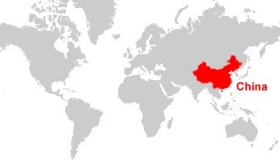Common Ownership and Analyst Forecasts
|
Topic: |
Common Ownership and Analyst Forecasts |
|
|
Time&Date: |
13:00-14:15 am, 2019/9/20 (Friday) |
|
|
Venue: |
Room 619, Teaching A |
|
|
Speaker: |
Prof. Shuqing Luo (The University of Hong Kong) |
|
| Abstract: |
We examine the effects of the common ownership relation between brokerage houses and the firms covered by their analysts on analyst forecast performance (referred to as co-owned brokerage houses, co-owned firms, and connected analysts, respectively). Common ownership can help the connected analysts to have better access to co-owned firms, leading to higher quality analyst research. However, common ownership can also reduce the independence of analyst research because through their ownership and control over the brokerage houses, the common owners can exert pressure on the connected analysts to issue optimistically biased research reports on the co-owned firms. Whether the former or the latter dominates depends on the strength of the institutional environments, which can constrain analyst research bias. Consistent with our predictions, we find that in the U.S., where the institutional environments are strong, common ownership improves analyst forecast accuracy, but in China, where the institutional environments are weak, common ownership induces analyst forecast optimism. Our results are robust to a difference-in-differences empirical design that exploits exogenous shock to the common ownership. The effects vary systematically with the quality of alternative sources of information and common owners’ incentives and abilities to influence connected analysts. Overall, this paper contributes to the literature by documenting that common ownership can facilitate information communication and improve firms’ information environment in countries with strong institutions, but it can induce conflicts-of-interest in countries with weak institutions. |




